I grew up in Nakhon Sawan, a city similar in population to Kamloops, in central Thailand. During the 1970s and ’80s when I grew up, Thailand was still relatively undeveloped, and the economy very agriculturally based. With the boom in international travel, domestic stability in Thailand, and economic development, Thailand’s economy grew dramatically from the early 1980s onward. While Nakhon Sawan is still a regional city, it too has changed and grown over the years. Growing up, I enjoyed reading, doing “kid” stuff, and spending time at my grandfather’s house in the countryside outside the city. My grandparent’s house is a third generation traditional Thai house built on stilts (to allow airflow and keep it cool). They had an orchard with an abundance of tropical fruit such as mango, papaya, durian, and jackfruit.
After completing Middle School, I was fortunate to receive a scholarship from the Ministry of Science and Technology to study in a program for youth in the sciences. So, at the age of 15, I moved to Chiang Mai.
After Bangkok, Chiang Mai is perhaps the best known Thai city. It is an ancient capital of Thailand, and the city’s walls and moat exist to this day. Chiang Mai province is quite mountainous, and while the mountains do not have the jagged spectacular peaks found in BC, some of them reach 2500 metres in height.
After high school, I went on to study Microbiology at the Faculty of Science at Chiang Mai University. It is considered one of the most beautiful campuses in Thailand due to its park like setting, and lies next to Doi Suthep Mountain, home to a stunning temple and vista.
At Chiang Mai University, my love of the sciences matured, and I had a natural urge to study microbiology. I developed a passion for the microbiological world, and was fascinated by the plethora of bacteria, viruses, fungi, and other microscopic organisms. At an early age, my curiosity about biology was nurtured by my father who taught biology and by my mother who taught agriculture at secondary schools in Nakhon Sawan.
After completing my undergraduate studies at Chiang Mai University, I choose to go on to do my graduate studies at Hokkaido University in Sapporo, Japan.
Going to Japan was like entering a different world altogether. A new language (Thai is not even remotely similar to Japanese), culture, and climate. I was enrolled in an intensive Japanese language course at the university with other international students there on the same scholarship. Coming from a relatively insular background (Thailand has tons of tourists, but few foreign residents), my experience in Japan broadened my perspective in many ways. My classmates were from around the world – Zambia, the Philippines, India, Slovakia, the Sudan, China, and Peru, just to name a few, so discussions were vibrant.
Sapporo is a city of close to 2 million people on Japan’s northernmost island of Hokkaido. It is best known for the 1972 Winter Olympic, Sapporo Beer, and Sapporo Ichiban noodles. Unlike much of Japan, Hokkaido shares much in common with Canada, in particular BC. Escape to wondrous parks, mountains, seaside villages, and rolling hills is quick and easy.
For a Thai, it was also a completely different climate. Thailand is hot and muggy (Thais joke that there are three seasons: hot, hotter, and hottest), while Sapporo is one of the snowiest cities in the world. An average year sees 4-6 meters of snow fall in the city itself. It doesn’t get frigid (temperatures of -8 or lower are very rare), it snows like crazy, so if you live in Sapporo, the only way to stay sane during winter is to ski and go to onsen (hot springs) every chance possible.
After completing my Ph.D., I wanted to give something back to Thailand and work there a little, and accepted a full-time position at Chiang Mai University. I was fortunate to have the opportunity to nurture and express the wonders of science to some of Thailand’s students.
When not at work, I love to travel, and taking photographs.
After a year in Vancouver, moving to Kamloops in 2002 was a breath of fresh air. I love the energy that Vancouver has, the diversity of people and cultures, but longed to live in a smaller city, and work in a teaching-focused institution. I immediately began to feel at home here. No more traffic jams, great outdoor activities, and captivating work. Of course, no place is perfect, and Kamloops has its problems like every other city, but here I feel as if I can be part of the solution that makes it an even better place.
